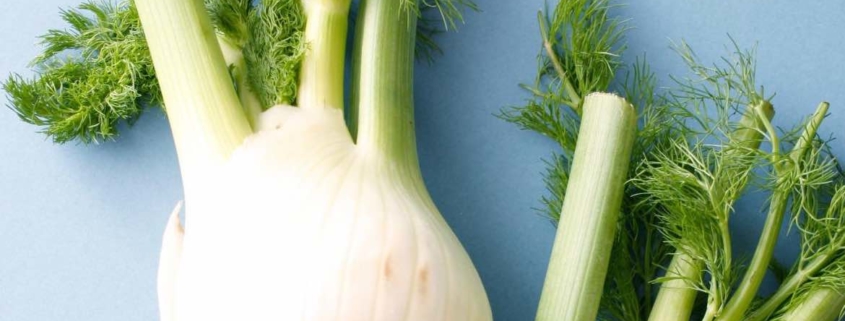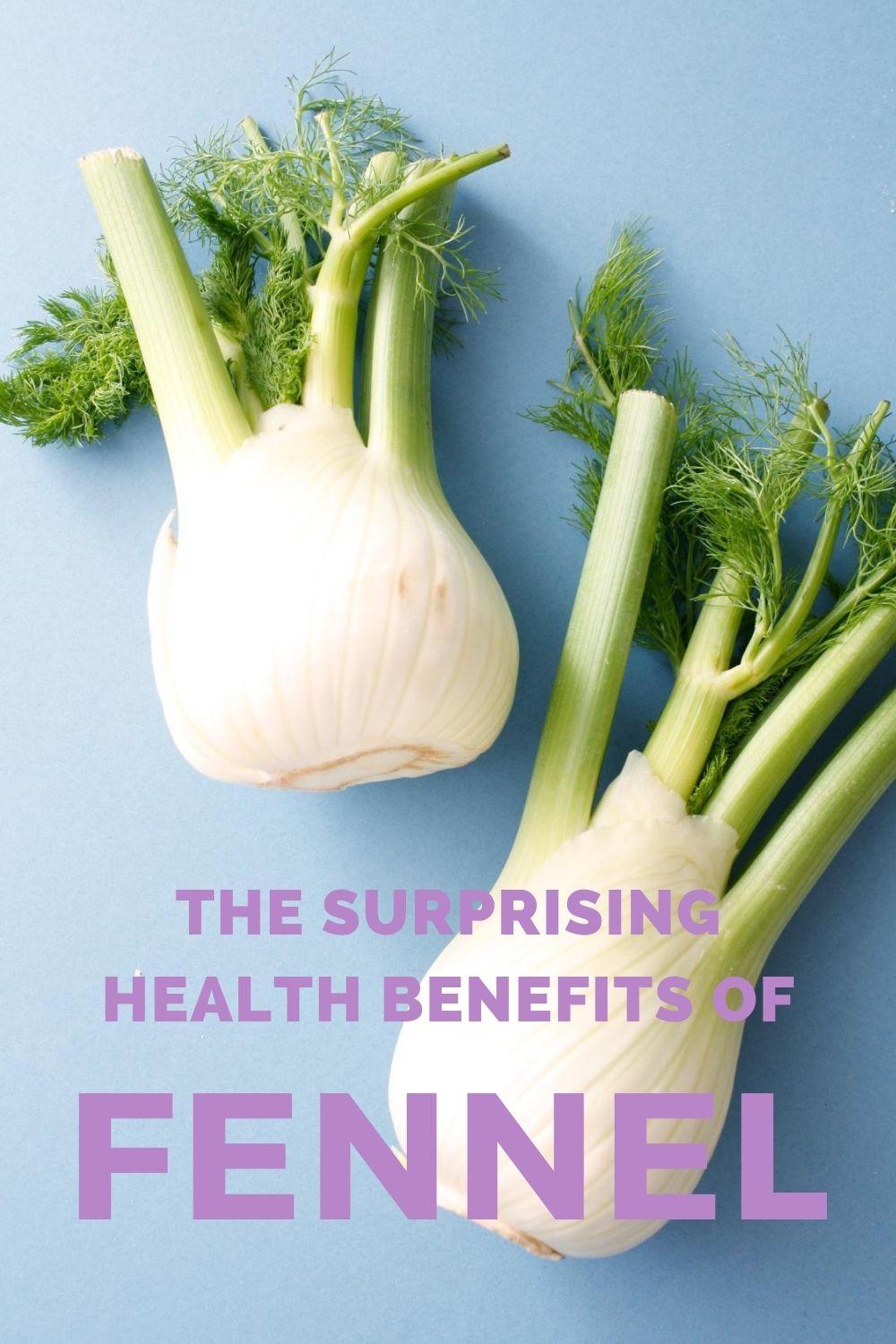
Fennel is a member of the carrot family with surprising health benefits and a strange and interesting history. But is fennel an aphrodisiac? The historic use of fennel as an aphrodisiac turns out to be right on the money. Both fennel bulb and fennel seeds have the potential to help both men and women sexually.
Why? Well, this is possibly one of the most interesting fennel facts. This bulbous root vegetable is notably high in phytoestrogens, natural estrogen-like chemicals found in plants. Let’s take a deep dive into nutrition but first, you need to hear some of the weird and wonderful historical uses for this nutritious veggie.
Fennel in history
Throughout history, fennel was linked with healthy circulation, improved vision and inflammation reduction. In ancient Greece, the bulb was called marathon for its association with strength, longevity and courage.
Pliny the Elder, the legendary Roman scientist and scholar, promoted the medicinal benefits of fennel and recommended approximately two dozen remedies using fennel. One of my favorite beliefs was that fennel could ward off evil spirits. According to Our Herb Garden, in medieval times, fennel was hung from doorways to keep evil spirits out. And the seeds were even inserted into keyholes to protect a home’s occupants from ghosts.
The aphrodisiac benefits of fennel bulb
Although we no longer hang fennel from our doorways, we do still enjoy some of the benefits to strength and longevity. It turns out the ancient Greeks weren’t far off in their use of this crunchy root vegetable. It turns out, fennel contains a number of powerful plant compounds that offer protective effects against many chronic diseases. (Note that the majority of research I found was not specifically on fennel but on a diet rich in these types of plant compounds. There is a great deal of research on fennel seeds that I address below.)
In addition, fennel is a nutritious and low-calorie food. According to FoodData Central, raw fennel bulb is a source of manganese, calcium, magnesium, iron and fiber, all of which are important for both libido and longevity. It can be added that fennel also a good vitamin C source. The vitamin C found in fennel bulbs is shown to be antimicrobial. It is not only useful for its anti-aging properties but may also be useful in boosting the immune system.
Fennel seeds sex benefits
Fennel seeds, on the other hand, are not anything new but they are popular–and for good reason. Fennel seeds share both a light, anise-like flavor and many of the health benefits with the bulb. However, the seeds are considered more beneficial because of their powerful essential oils. The benefits of fennel seeds include even more manganese, iron and calcium than is found in fresh fennel. The essential oils in fennel seeds are also considered anti-inflammatory.
As I mentioned in my introduction, fennel contains phytoestrogen and for this reason fennel, or more often the concentrated nutrition in fennel seeds is the subject of research into its possibly use as a sex aid for women. Research investigating the potential for fennel seeds to increase sexual desire in post menopausal women is contradictory. But the nutrients in the seeds do have the potential to reduce the symptoms of menopause. It also shows potential in reducing vaginal dryness but it’s recommended that you speak with your physician before deciding whether to use fennel as a menopausal aid.
Some nutritionists promote fennel seeds as a sexual aid for men because of their high zinc content. There are studies indicating that increased zinc consumption can increase free testosterone levels in men. But I don’t know anyone who could eat enough fennel seeds in a day to make a significant impact on their testosterone levels. After all, these extremely flavorful seeds are considered a condiment, not a major nutrition source. In other words, don’t bother eating fennel seeds to boost testosterone.
That being said, fennel seeds do have many delicious uses. In some cultures, they’re simply chewed to freshen breath. You can crush them and steep them in water to make tea.
Cooking with the bulb, seeds and fennel pollen
The variety most commonly used in cooking is called Florence fennel. The plant’s feathery fronds resemble dill and are used similarly as a seasoning in Mediterranean dishes. And the stalks are fibrous like celery. They make an excellent seasoning for soups and stocks. (Be sure to try my Hot Sausage Stew recipe.)
The bulb, which contains the most nutrients, can be thinly sliced and served raw, sautéed, grilled or roasted. (If you’re ready to experience the flavors of it raw, try my crunchy, citrusy Shaved Fennel and Tangerine Salad.)
A hot trend in recent years is fennel pollen. It is collected from the flowers of the wild plant, dried and sold in tins through gourmet retailers. Rub it on fish before grilling, finish a pasta dish or dust a salad with this subtle, anise-like flavoring. Although it is an interesting and tasty condiment, I can find no research to support the idea that fennel pollen offers any aphrodisiac effects.
The fennel flavor we’re most familiar with is fennel spice. This comes from the seeds. You may know them as a prominent flavoring in Italian sausage, Mediterranean stews and even, occasionally, baked goods. And ground into a powder, its seeds are also a key ingredient in complex, Indian spice mixes and in Chinese five-spice powder. You can toast them and add them to rubs and marinades to give a dish a hint of their sweet, licorice flavor.
Discover more of the world’s greatest aphrodisiac foods
This article was written in 2012 and most recently updated in April 2020.
- Carrot Juice Bloody Mary Mix: a sweet & sexy twist on a classic - March 21, 2024
- Authentic Japanese Shrimp Tempura Recipe - March 18, 2024
- Why Oceanside California is a Romantic Wine Country Destination - March 4, 2024
Did you know that eating the right foods can be the key to boost your sex life?
Subscribe to the Eat Something Sexy mailing list and get our exclusive list of Six Great Sex-Boosting Snack Foods for FREE!



I’m gratefully to no more uses of natural herbs for medicinal ,coocking & for good healthy life style thank you to Pinterest team I’m a nurse by profession bt i don’t like to overload my body with any form of un natural treatment when I’m sick one week is enough for me then i detox naturally you ate helping a lot keep up with the good work thank you